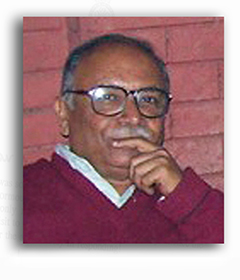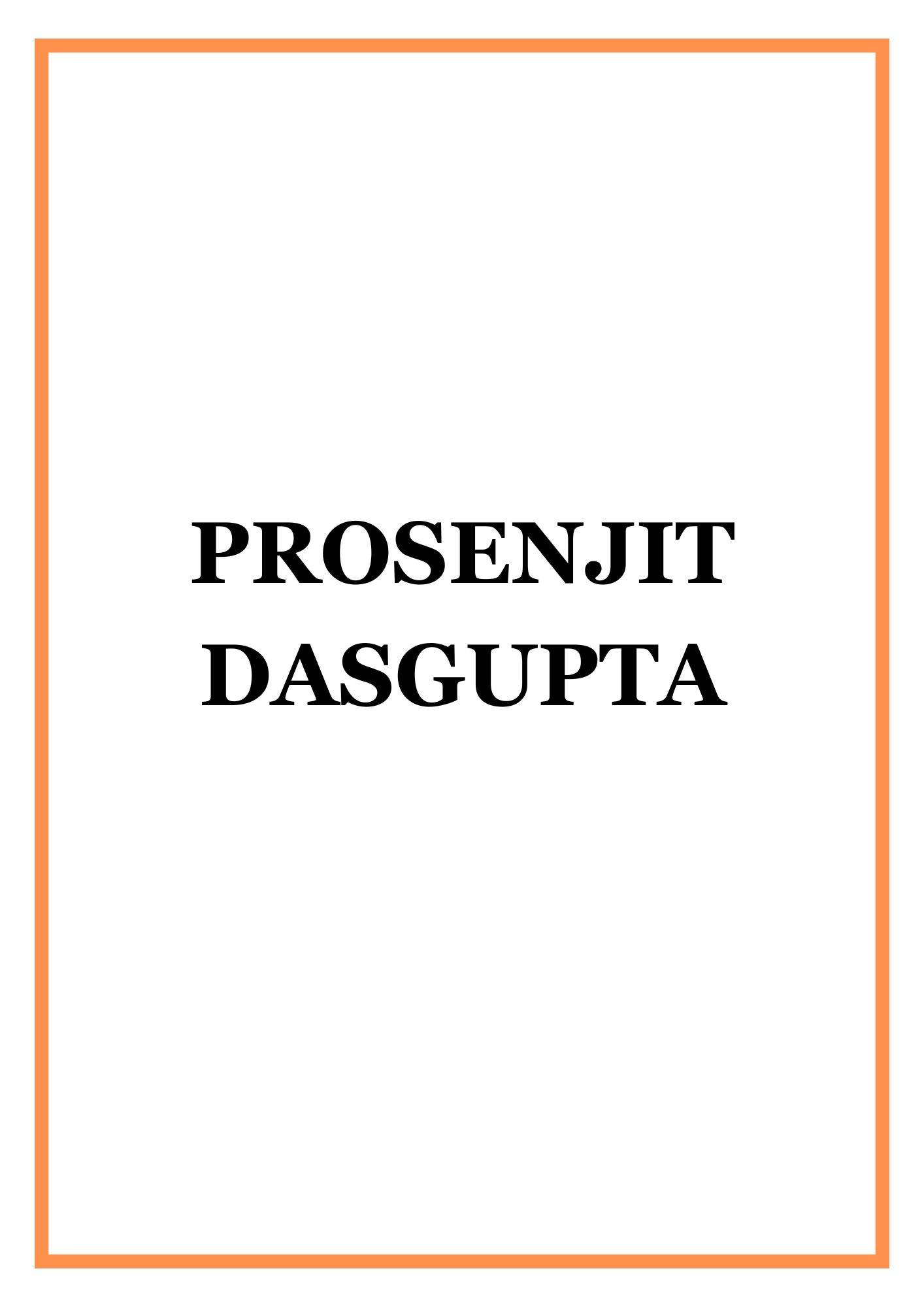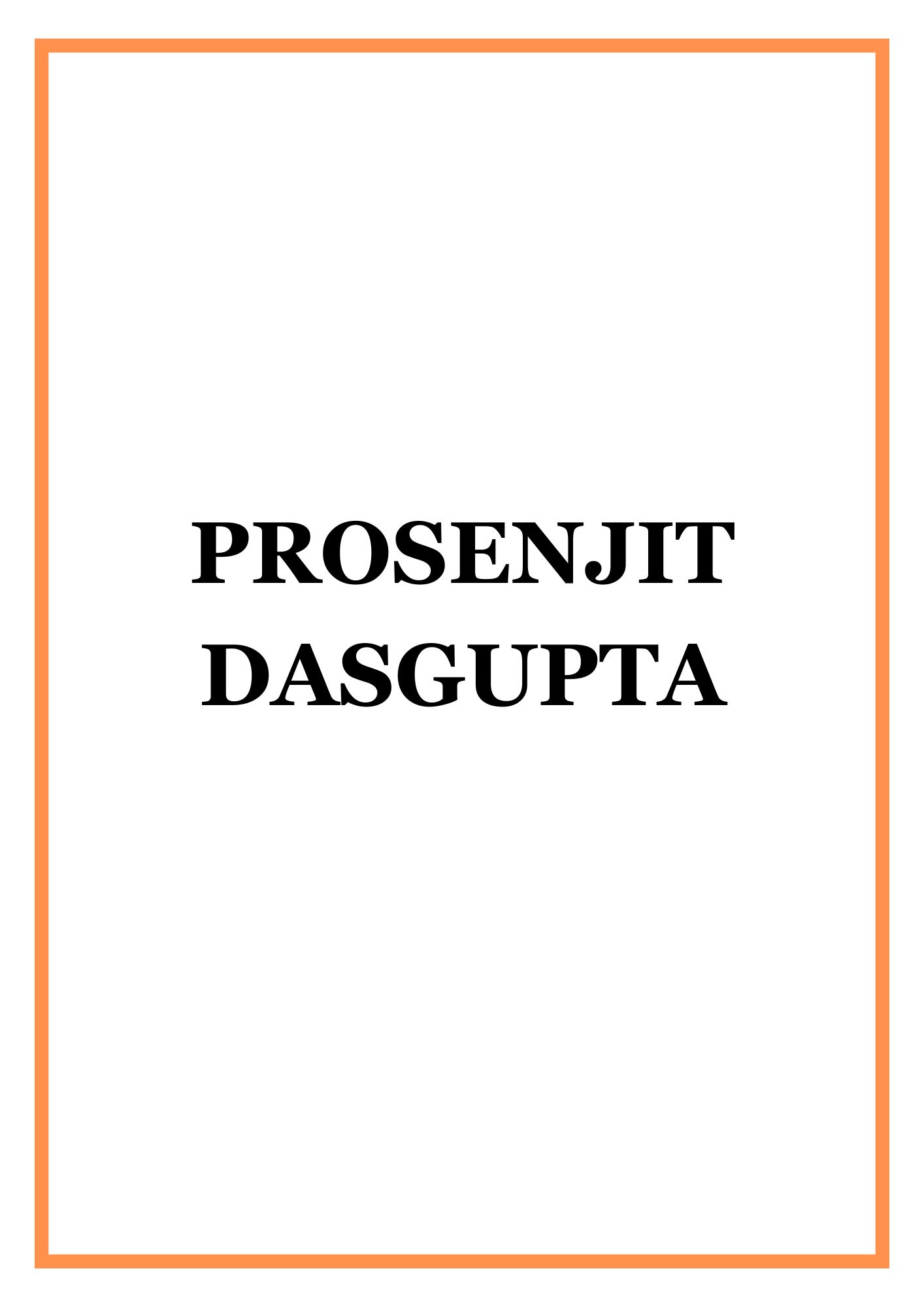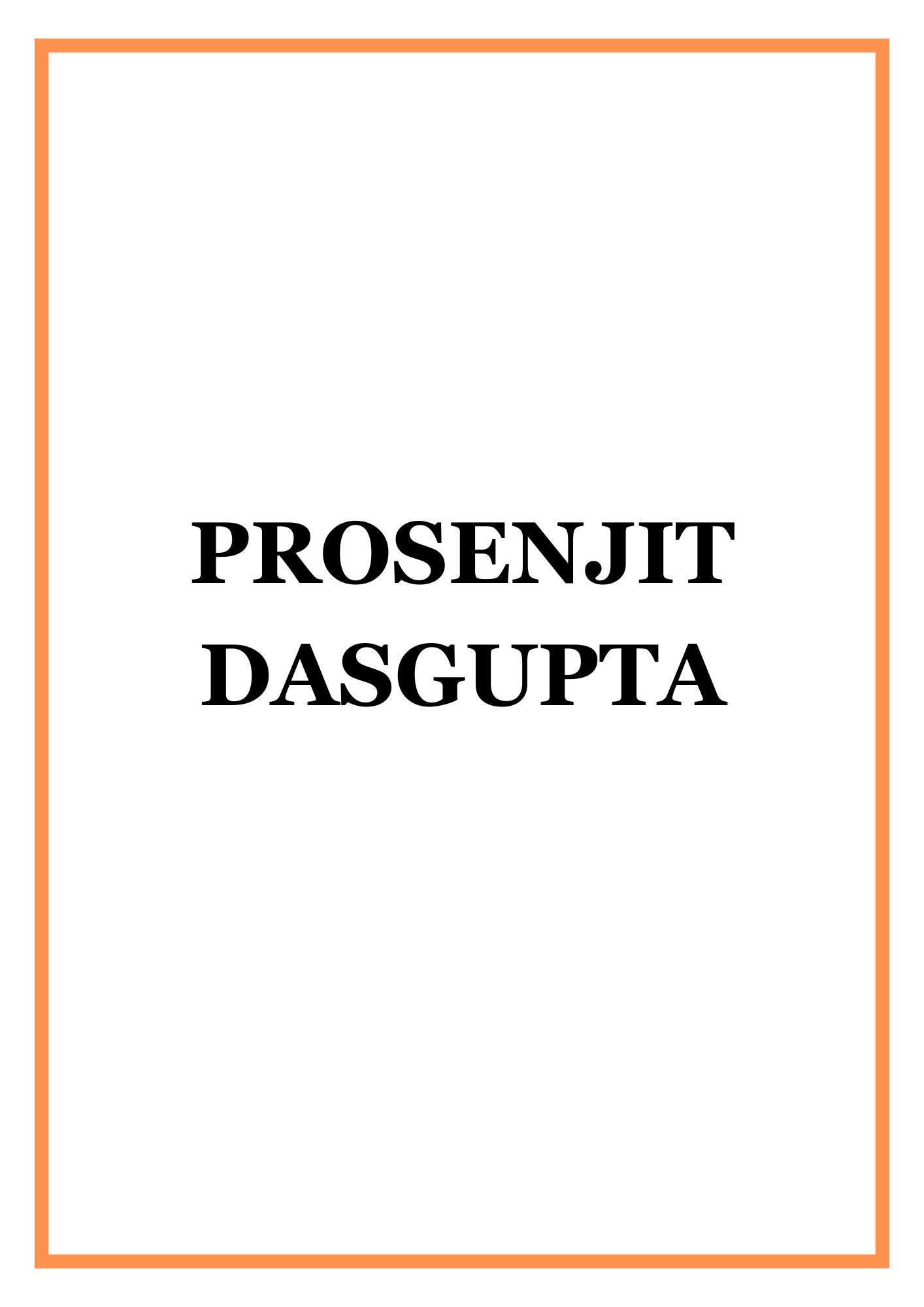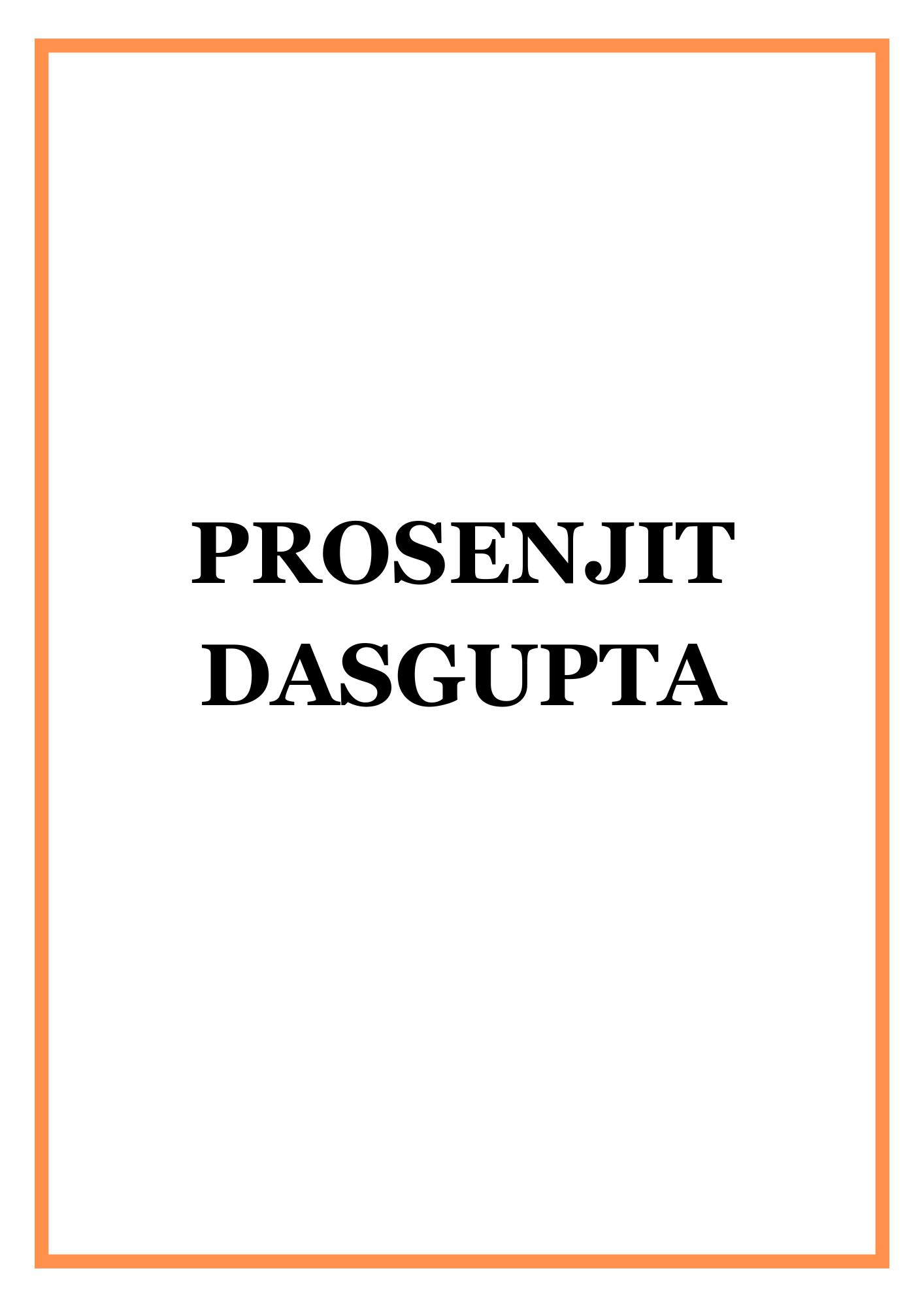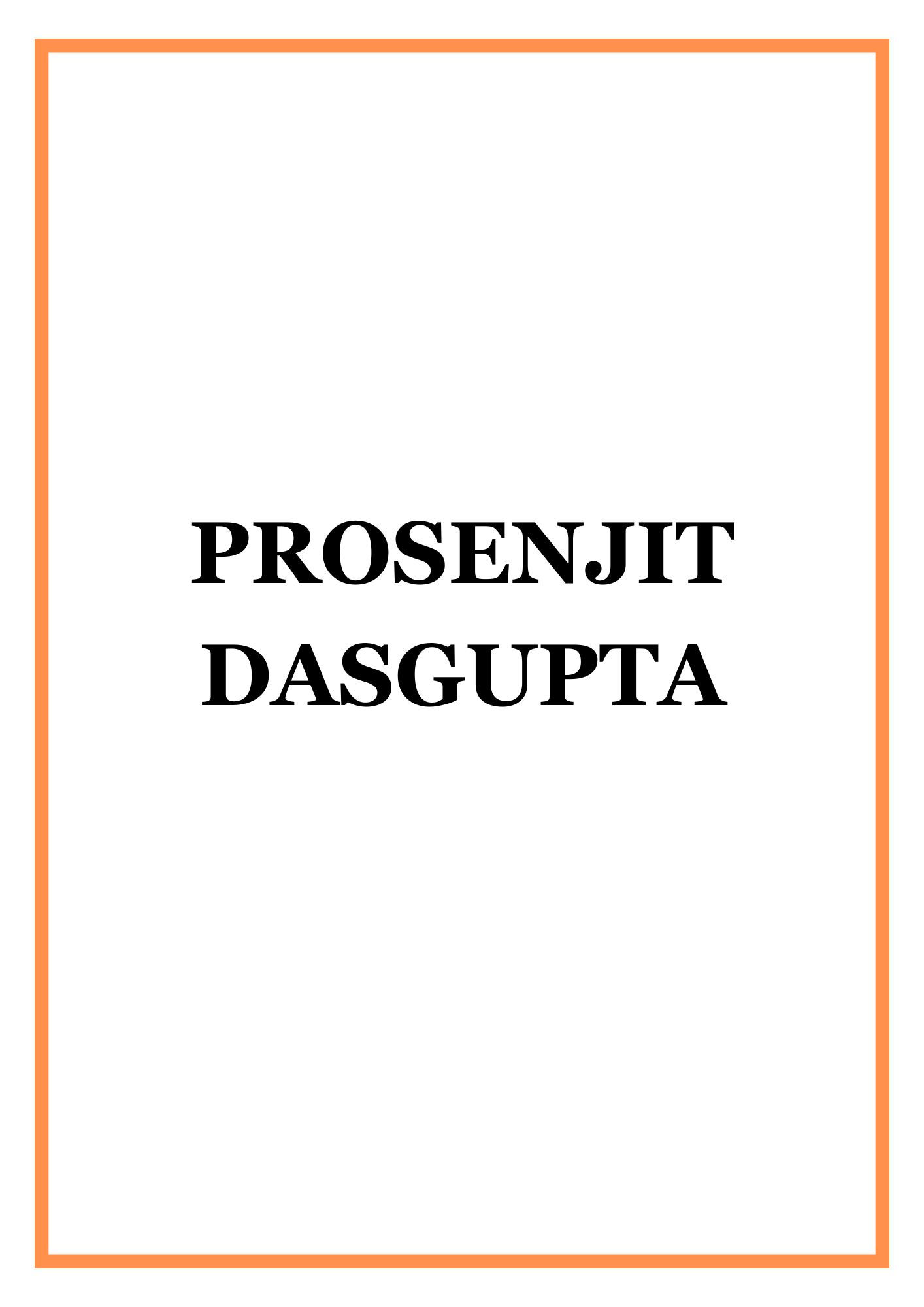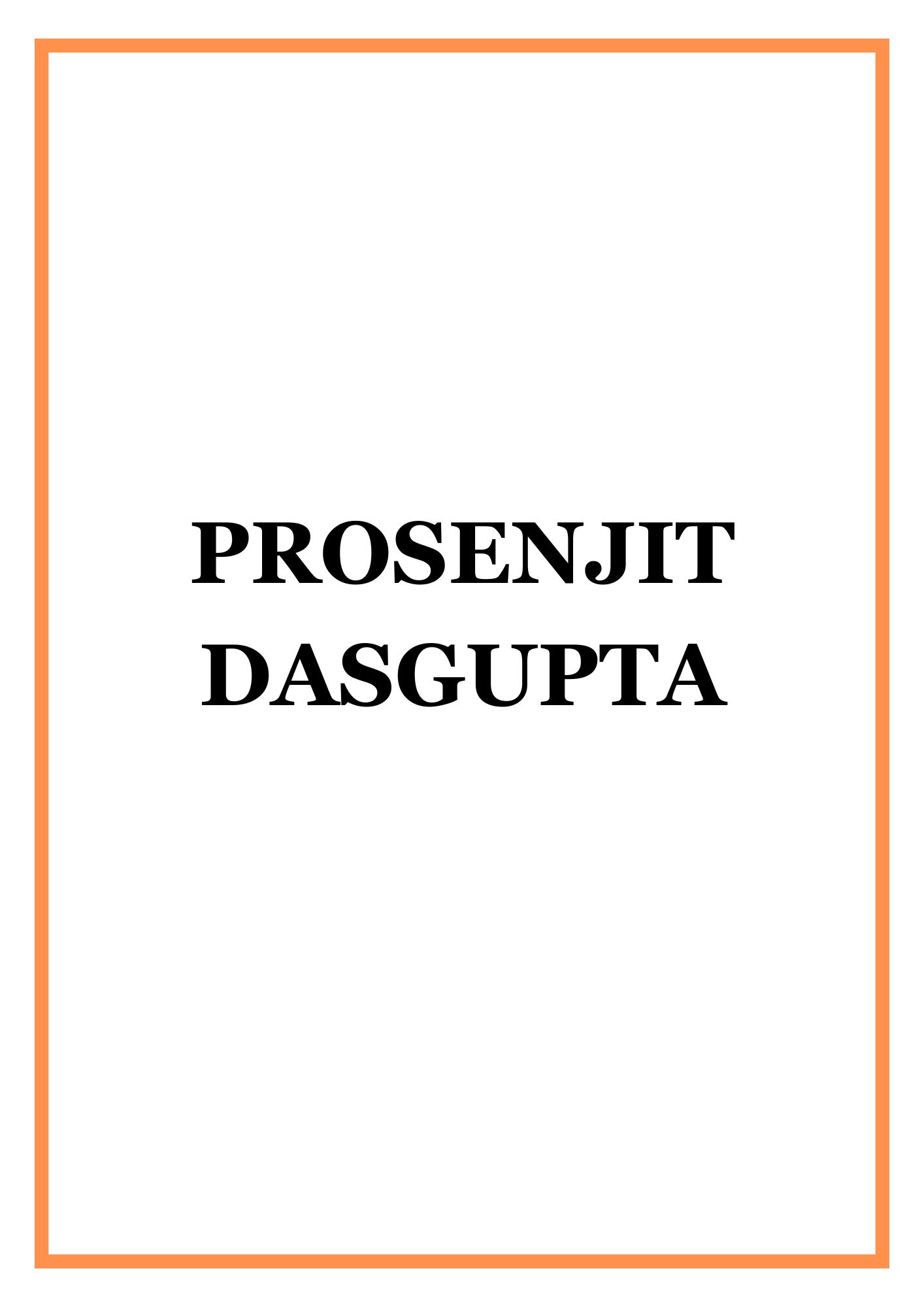Prosenjit Dasgupta (b. 1944) is an author, naturalist, researcher and scholar who has documented and written extensively over the years on a variety of subjects especially wildlife and the natural world, folk and tribal culture, architecture, economics and history of India.
Prosenjit Dasgupta studied at the St. Xavier’s Collegiate School and thereafter at the Presidency College, Kolkata. While his graduation was in Economics and he worked for more than 42 years in the chambers of commerce and allied organisations, he became deeply interested in wildlife and (as a corollary) in tribal life in India. This prompted him to travel extensively since the 1970s and he began regularly writing articles on the aforementioned subjects in various newspapers and magazines.
His publications on conservation include, A Primer on Conservation in India (1994) and Touching Trees: Field Guide to Indian Forest Trees (1997), and 10 Walks in Calcutta (2000, revised ed. 2006) which was translated into Bengali and published under the title Paye Paye Kolkata (2018).
Dasgupta’s impressions and experiences from his travels across the length and breadth of India’s forests of central and south eastern India culminated into a number of books, Walks in the Wild (2002 & revised ed. 2011), Tracking Jim (2005), After Elwin: Encounters with Tribal life in Central India (2007), later revised and brought out with the title Chasing a Dream: Journeys into the heartland of Tribal India (2014).
As a student of economics, politics and history, Dasgupta has written a number of books on these subjects as well, Eco-Yatra (2007), Issues and Idioms (2015), A Conflict in Thin Air (2016), A Partition in the Mind (2018), and India - Searching for the Present in the Past (2020).
Deeply interested in the cultural history of Bengal, Dasgupta researched and edited the INTACH publication, The Built Heritage of Calcutta (Second edition, 2016). He is now working on his forthcoming book ‘Rambles in the Wild’, an account of his experiences in Indian forests from 1972 till date.
Deeply involved in documenting folk culture of various parts of India from 1972 onwards, Dasgupta has made some rare audio and video documentations of tribal life and folk songs of the Muria in Bastar, the Saora in Ganjam and their dhokra handicraft. He has also closely documented the Theyyam folk ritual of Kerala, Puram festival in Kerala and the Yakshagana folk theatre in south Kannada. Dasgupta has also been passionately documenting cave art and explored many rock art caves in Madhya Pradesh, Rajasthan and Jharkhand while also exploring the Jurassic Age palaeolithic deposits in Rann of Kutch and in Jharkhand. He has published several articles in newspapers and journals on these subjects and promoted local artisan development. Dasgupta has also extensively photographed all his travels and visits throughout his 50 year exploration career which are an invaluable archive into the life and times of a changing India during this period.
About the Collection: As a prolific naturalist, writer, scholar and researcher, Prosenjit Dasgupta’s rich collection of papers include dozens of his field diaries and notebooks meticulously maintained since early 1970s, beautiful portraits of India’s wildlife, tribal life in Bastar, along with thousands of photographic slides, audios/videos and other relevant papers. These archives form a fascinating repository for all scholars and researchers interested in studying natural history of India’s forests and wildlife, the evolution of key wildlife sanctuaries, national parks and tiger reserves of the country, tribal life and folk culture of central India (especially Bastar) as well as the material heritage of Kolkata itself. (Catalogue available)



